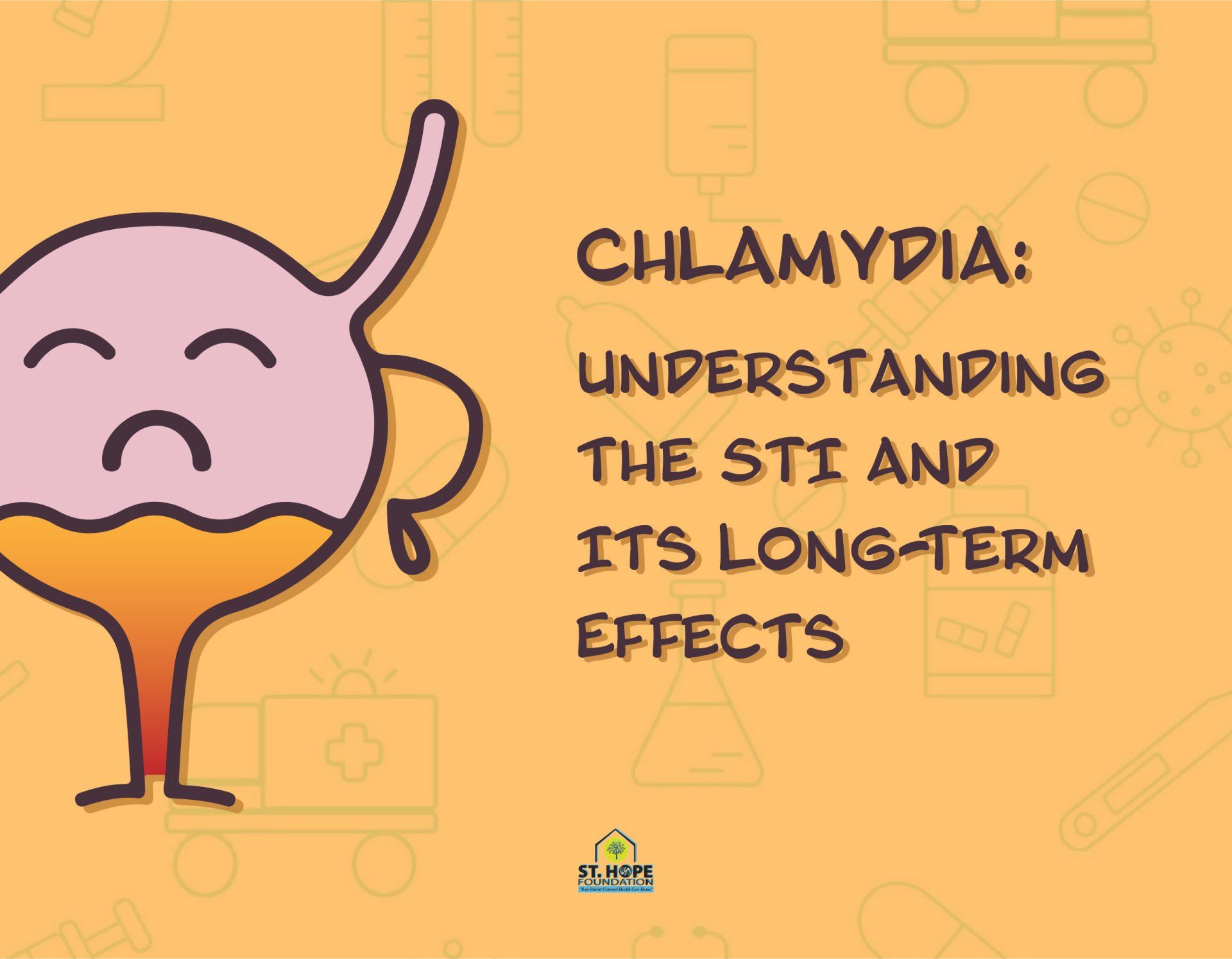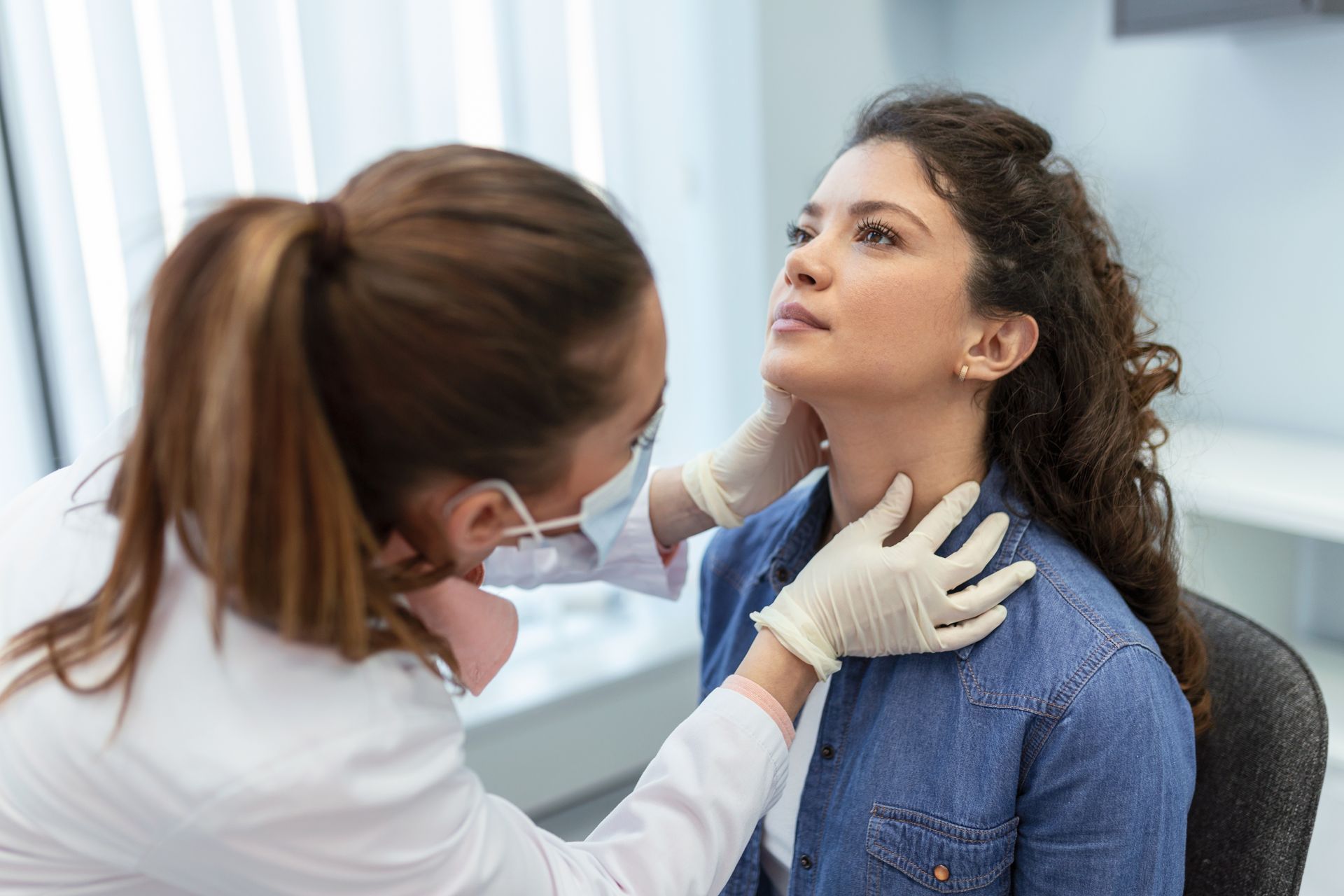Recent Posts
Chlamydia: Understanding the STI and Its Long-Term Effects

Chlamydia, also known as chlamydia trachomatis, is a bacterial infection that can be difficult to detect due to its asymptomatic nature. Chlamydia is a sexually transmitted disease that affects both men and women and can lead to serious health problems if left untreated. While all sexually active individuals are susceptible to chlamydia, factors that significantly increase the risk of contracting the infection include having multiple sexual partners and engaging in unprotected sex.
Symptoms
Chlamydia is known as the silent disease because the infection tends to be largely asymptomatic. People who’ve contracted chlamydia can be completely oblivious to having it. As a result, they can unknowingly spread it to their sexual partners.
People who do have symptoms will likely experience the following within one to three weeks of sexual contact:
- Genital discharge, burning and itching
- Unusual rash
- Painful urination
- Bleeding between periods
- Unusually painful periods
- Painful intercourse for women
- Abdominal pain and fever
How to Prevent Chlamydia
While you cannot control other people’s conduct, you can reduce your own risk of contracting chlamydia (along with other sexually transmitted diseases) by being mindful of the various health risks associated with unsafe sex.
Additionally, you may want to practice sexual abstinence or limit sexual contact to one person. While there are a variety of contraceptive methods to prevent unwanted pregnancy, the only contraception that helps prevent STDs is a condom.
Some people assume that testing for STIs is only necessary for young people or those with promiscuous lifestyles. However, anyone, whether they’re single or in a committed relationship, can benefit from getting routinely tested.
How Is Chlamydia Treated?
Chlamydia is a curable disease, but only if you see a doctor who can properly diagnose it and prescribe treatment. You’ll likely be asked to provide a urine sample for analysis. After your results come back with a confirmed diagnosis, your doctor will prescribe oral antibiotics. Your doctor may also recommend your partners get tested to prevent reinfection or spreading the disease to others.
What Are the Consequences of Undiagnosed and Untreated Chlamydia?
When left untreated, chlamydia can lead to a plethora of serious and even life-threatening conditions.
Women with untreated chlamydia may become infertile. Chlamydia can lead to inflammation of the fallopian tubes, causing them to narrow. A narrow fallopian tube can rarely be fertilized, but if it is, the pregnancy may remain in the tube and lead to life-threatening complications. This condition is known as ectopic pregnancy and it must be remedied with medication or surgery.
Untreated chlamydia may also increase your risk of miscarriage or premature birth. Mothers can also pass the infection to their newborn child. Infected babies may develop chlamydial pneumonia – a dangerous bacterial infection affecting the lungs.
In men, untreated chlamydia can cause epididymitis, which refers to inflammation of the tube at the back of the testicles that stores and carries sperm. Chlamydia can also infect a man’s prostate gland and urethra.
People with untreated chlamydia can develop reactive arthritis, also known as Reiter’s syndrome. Reactive arthritis causes your joints to become inflamed, swollen and painful. Symptoms typically clear up within a few months, but in severe cases, Reiter’s syndrome can lead to chronic arthritis and joint damage.
Better Safe than Sorry: Fast and Easy STI Testing in Houston
As a community healthcare organization, St. Hope Foundation is deeply committed to providing inclusive, high-quality healthcare to those in need. We specialize in treating patients with a variety of medical conditions, and we also implement numerous measures to prevent disease through education and prevention services.
If you suspect you’ve contracted an STI and need medical intervention, our dedicated team is here to offer you comprehensive care, including STI testing, medical treatments and routine checkups.
If you’re interested in scheduling an appointment with us, call (713) 778-1300.









